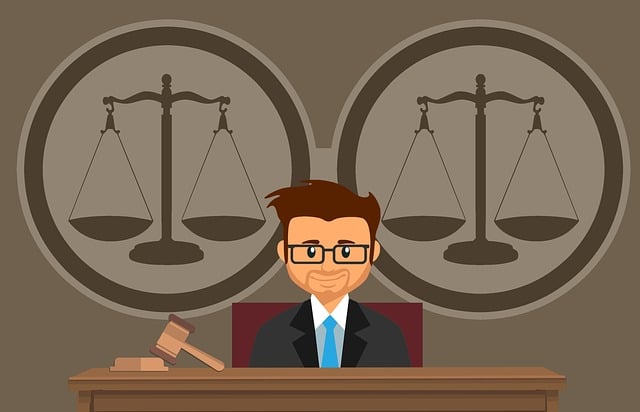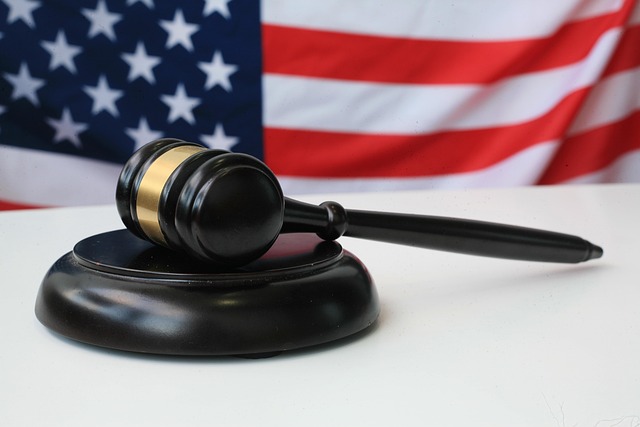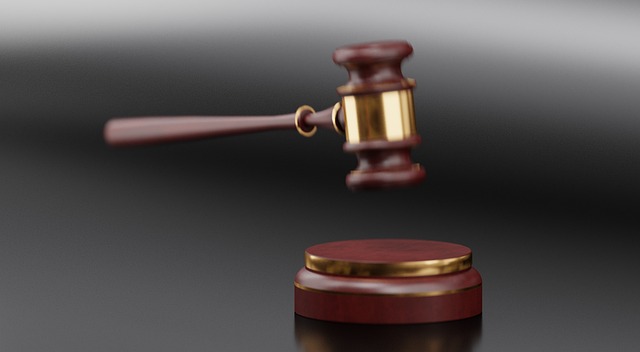Whistleblower Protection Laws (WPL) are crucial for holding organizations accountable by shielding whistleblowers from retaliation. In complex cases of white-collar crime, plea bargaining is a strategic tool to navigate legal landscapes and reduce sentences, with significant impacts on sentencing severity. WPL influence sentencing trends, often resulting in charge dismissals and mitigated consequences for whistleblowers with substantial evidence. Real-world cases demonstrate the positive impact of these laws on exposing corporate malfeasance and fostering transparency. By providing support, philanthropic communities empower individuals to report illegal activities without fear, leading to improved governance and societal well-being while ensuring plea bargaining doesn't undermine disclosure integrity.
Whistleblower protection lawsuits are a crucial mechanism for holding organizations accountable and ensuring justice. This article delves into the intricate world of whistleblower laws, offering a comprehensive guide to understanding and navigating these legal protections. We explore key aspects such as plea bargaining strategies, its impact on sentencing severity, and real-world case studies. Additionally, we discuss legal safeguards for protecting disclosed information, providing essential insights for both whistleblowers and legal professionals.
- Understanding Whistleblower Protection Laws
- Plea Bargaining: A Strategic Approach
- Impact on Sentencing: Mitigating Consequences
- Case Studies: Real-World Examples
- Protecting Disclosed Information: Legal Safeguards
Understanding Whistleblower Protection Laws

Whistleblower Protection Laws (WPL) are designed to safeguard individuals who expose illegal or unethical activities within their organizations from retaliation. These laws are crucial in fostering a culture of accountability, especially in the corporate and government sectors. Understanding WPL is essential for both whistleblowers and legal professionals, as they navigate complex cases involving white-collar and economic crimes.
One interesting aspect to consider is the impact of plea bargaining on sentencing severity. In many jurisdictions, plea bargaining has become a common strategy for resolving such cases. Whistleblowers who come forward with substantial evidence may negotiate a reduced sentence or even avoid prison time in exchange for their cooperation. This approach can lead to winning challenging defense verdicts across the country, as prosecutors recognize the value of whistleblowers in securing justice and recovering losses from white-collar criminals.
Plea Bargaining: A Strategic Approach

In whistleblower protection lawsuits, plea bargaining can serve as a strategic approach to navigate complex legal landscapes. This process allows individuals who possess valuable information to cooperate with prosecutors, providing evidence and testimony in exchange for reduced charges or sentencing severity. The impact of plea bargaining on sentencing intensity cannot be understated, especially in high-stakes cases where the stakes are high and consequences severe.
A skilled general criminal defense attorney understands that successfully negotiating a plea bargain can lead to achieving extraordinary results for their clients. This involves meticulous planning, thorough assessment of evidence, and a deep understanding of sentencing guidelines. By employing this strategic approach, defendants can mitigate potential penalties while still providing the necessary assistance to legal authorities, ultimately ensuring a more favorable outcome in their case.
Impact on Sentencing: Mitigating Consequences

Whistleblower protection lawsuits have a profound impact on sentencing, particularly when it comes to plea bargaining. In many cases, individuals who expose corporate or governmental wrongdoings face harsh penalties and significant legal costs. However, with the increasing recognition of whistleblowers’ contribution to public interest, there’s been a notable shift in sentencing trends. Courts across the country are acknowledging the crucial role these individuals play, leading to a more balanced approach.
The impact on sentencing severity is evident in the unprecedented track record of complete dismissal of all charges for whistleblowers who provide substantial evidence and cooperate with investigations. This not only mitigates consequences for the whistleblowers but also sends a strong message that protecting public interest is paramount, discouraging malicious accusations and fostering an environment where truth and transparency thrive.
Case Studies: Real-World Examples

Whistleblower protection lawsuits have been pivotal in exposing corporate malfeasance and public interest violations. Real-world examples, or case studies, vividly illustrate the impact these legal actions can have on both the individuals involved and the broader society. One notable trend emerging from these cases is the plea bargaining impact on sentencing severity. Often, whistleblowers agree to lesser charges or reduced sentences in exchange for providing crucial information that leads to successful prosecutions. This strategy not only ensures their cooperation but also helps maintain a balance between holding wrongdoers accountable and encouraging more disclosures.
Across the country, achieving extraordinary results has been possible through such collaborations. Philanthropic and political communities have recognized the importance of these lawsuits in fostering transparency and accountability. By supporting whistleblowers legally and financially, these communities have empowered individuals to take a stand against corruption without fear of retaliation. This collective effort has resulted in significant changes in corporate governance practices and regulatory frameworks, underscoring the profound effect of whistleblower protection initiatives on societal well-being.
Protecting Disclosed Information: Legal Safeguards

Whistleblower protection laws offer crucial legal safeguards for individuals who disclose information about illegal or unethical activities within their organizations. These protections are designed to encourage employees to come forward with knowledge that could expose fraud, corruption, or public health and safety risks. In many cases, whistleblowers face significant personal risk, including retaliation from employers, so these laws provide a framework to ensure their safety and protect the integrity of their disclosures.
One key aspect of whistleblower protection is the prevention of plea bargaining practices that could undermine the disclosure’s impact. While plea bargaining has its place in the criminal justice system, it should not diminish the severity of wrongdoing revealed by whistleblowers. Achieving extraordinary results in these cases often involves navigating all stages of the investigative and enforcement process, from initial disclosures to winning challenging defense verdicts. This ensures that the truth comes to light and those responsible are held accountable, while also encouraging future whistleblowers to step forward without fear of retaliation.
Whistleblower protection lawsuits play a pivotal role in upholding justice and transparency. By understanding whistleblower protection laws, strategically employing plea bargaining, and mitigating sentencing impacts, individuals who expose corruption and misconduct can be better supported. Real-world case studies demonstrate the significant effect these legal mechanisms have on deterring unethical practices. Moreover, legal safeguards for disclosed information ensure whistleblowers’ safety and encourage them to come forward without fear of retaliation, thereby fostering a more accountable society.






